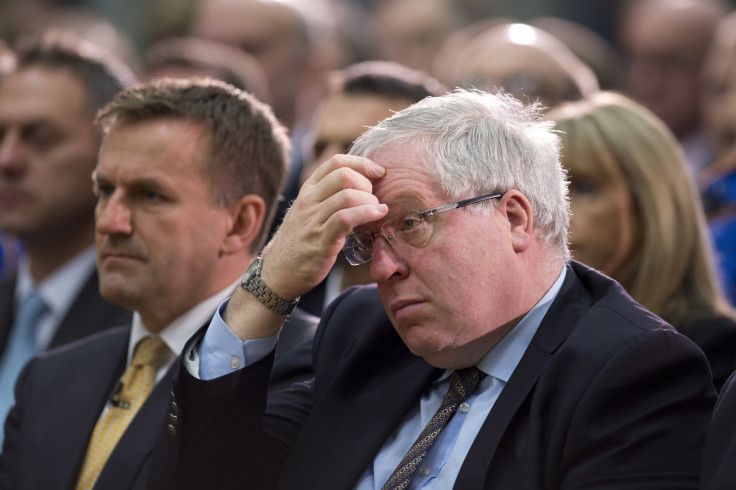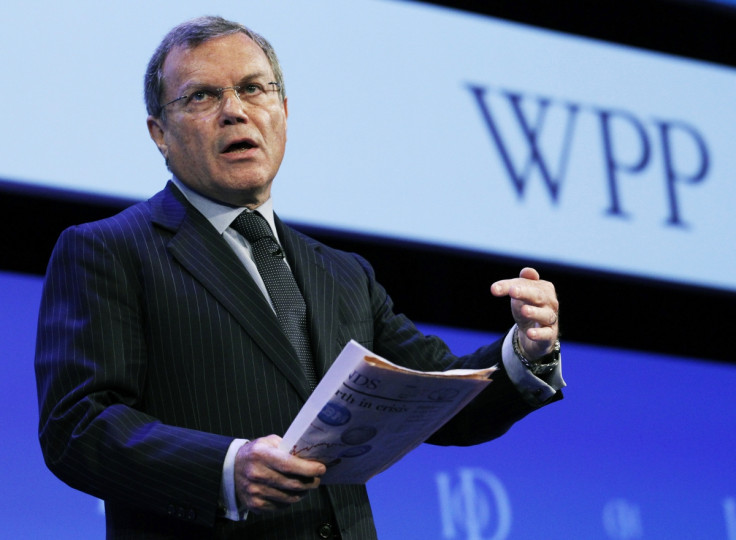Stefan Stern: Strong leaders have the guts to speak out like JCB boss Graeme MacDonald on Brexit
Signing round-robin letters is for wimps. Well, not wimps exactly. It is not a risk-free exercise. But the pre-election ritual of rounding up willing business leaders to put their name to something has a diminishing impact. Siding with a large group is not a mark of courage. If you really care about something, you have to stand out from the crowd and say so.
This runs counter to the advice that business leaders usually get from their PR consultants. "Where is the upside?" it will normally be asked. Think of the "brand damage". Think of the enemies you could make.

Phooey. Just occasionally, really big issues arise that override any nervousness about bad short-term PR or the fear of being dropped from summer party invitation lists. The UK's continuing membership of the European Union is one such issue and, refreshingly, this week we have already seen two big players speaking up about it in an uninhibited way.
On 18 May, Graeme MacDonald, chief executive of construction equipment maker JCB, said he did not think leaving the EU would make a "blind bit of difference" to his or other companies' trading prospects. "There has been far too much scaremongering about things like jobs. I don't think it's in anyone's interest to stop trade. I don't think we or Brussels will put up trade barriers," he said.
According to the Engineering Employers Federation, over 75% of its members want to stay in the EU. They felt JCB should, shall we say, stop digging. But I salute the company for having the guts to speak out publicly and enter the debate. This is leadership.
Then the usually cautious and understated Deutsche Bank also chucked in its pfennig's worth. The bank confirmed it has set up a working group to consider the consequences of the UK voting to leave the EU.
Deutsche has 9,000 employees in the UK but is assessing whether it would have to move significant parts of its operations to Germany in the event of a British exit. Most large City of London institutions are said to be nervous about the possibilities of "Brexit", but few have spoken up about it yet or admitted they are making any plans for it. The Germans have led the way.
Don't hide, you are a leader
Being the boss of a public company, or just a very large and significant one, brings certain responsibilities with it. You should not hide behind legal advice or a PR smokescreen. You are a player, a leader, whether you like it or not.
In the past, several captains of industry would hold forth confidently on matters of public concern. They did not limit themselves to shareholder meetings or analysts' calls. They got involved. Today, Sir Martin Sorrell of WPP is happy to engage on a wide range of topics, not necessarily immediately related to the media and advertising industries. Whether you agree with him or not, as least he speaks up and enters discussions. There are far too few like him.
The president of the CBI, Sir Mike Rake, urged business leaders to display Sorrell-like levels of engagement on the question of Europe in a speech on 20 May.

The coming battle over the UK's membership of the EU is a once-in-a-generation debate in which the voice of business must be heard. Boards should not leave the hard work to the CBI, IoD or trade bodies. We need to hear from employers, large and small, about their views and experiences.
In my opinion, voting to leave the EU would be a monumental mistake. Negotiating that exit, and the new terms of trade which would have to follow, could easily take many years.
The UK would need agreement from 27 other member states in exiting and establishing a new framework for trade. At best, we might face the Norwegian situation of "government by fax machine" – sitting and waiting to hear what the EU had decided and then having to comply with it, if we still wanted access to the single market. We would have no say on what happened in the regulation of the world's richest market.
I may be wrong, of course. Other points of view are possible. But we need above all to hear from those businesses on either side of this argument before coming to a final view on the implications of staying in or leaving.
It is time for business leaders to ignore nervous PR advisers and speak up. As Sir Roger Carr, chairman of BAE Systems, recently told the Financial Times: "Silence, to me, does not seem a good option. If big business believes something, they have a responsibility to say why they believe it." Hear, hear.
Stefan Stern is a business, management and politics writer. He writes for The Guardian and The Financial Times and is a visiting professor at Cass Business School.
© Copyright IBTimes 2024. All rights reserved.






